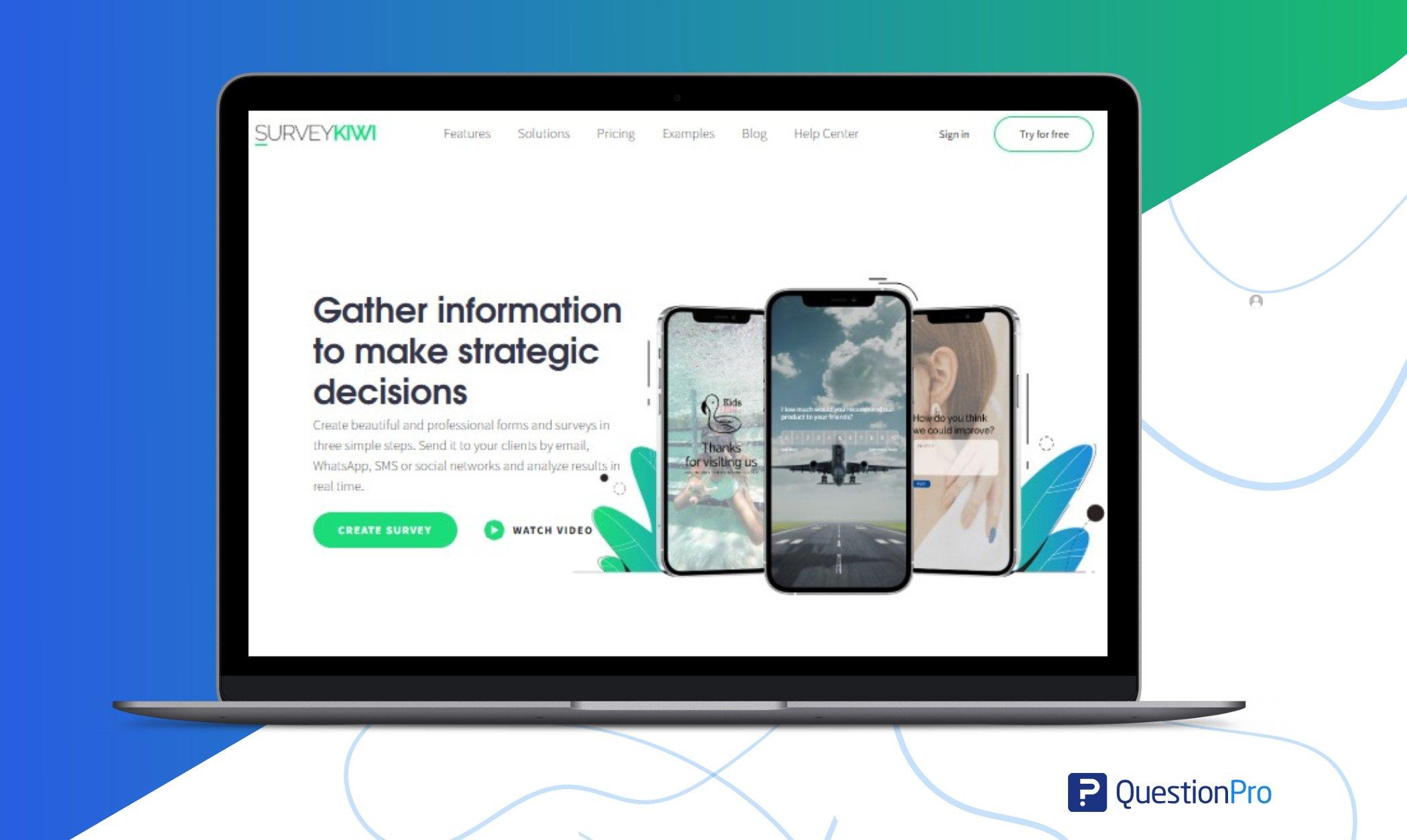Top Survey Questions Examples to Measure Academic Experience in 2025

Feedback in education isn’t just about grades or end-of-semester reviews anymore. Institutions looking to improve their quality of education often ask: What are the best ways to gather meaningful feedback from students? The answer lies in asking the right survey questions examples that provide real insights into what students truly experience during their academic journey.
When done right, surveys can uncover what’s working, what needs change, and what’s missing entirely from the student experience. With evolving expectations and tech-based learning environments in 2025, it’s more important than ever to structure these surveys around key academic areas. Below are the most effective types of questions educators and administrators should consider when measuring academic success and student satisfaction.
Why Student Experience Surveys Matter

Academic institutions are increasingly turning to student feedback as a cornerstone for quality assurance. Experience surveys are no longer viewed as optional — they’re a critical part of institutional planning, especially in hybrid or remote learning settings.
Collecting feedback regularly helps schools:
-
Identify curriculum gaps
-
Understand instructor effectiveness
-
Monitor facility usability
-
Improve student support services
However, the depth of insights depends on the types of questions asked.
Survey Questions for Course Content
Course-related questions help determine if students are learning what they were promised. These questions are key to curriculum development and course redesign.
Examples:
-
Was the course material organized and easy to follow?
-
Did the lessons align with the course objectives?
-
Were assignments and assessments relevant to your learning?
A good practice is to use Likert-scale questions (e.g., Strongly Disagree to Strongly Agree) to gauge satisfaction levels with clarity and structure.
Questions About Instructor Performance
The relationship between students and instructors plays a big role in learning outcomes. Instructor-focused questions should assess communication, responsiveness, and clarity.
Examples:
-
Did the instructor explain concepts in a clear and engaging manner?
-
How accessible was the instructor outside of class hours?
-
Was constructive feedback provided on assignments and exams?
Adding optional comment boxes below these questions can allow students to elaborate on their responses.
Evaluating Facilities and Technology Use
With smart classrooms, online platforms, and digital libraries becoming standard, understanding the usability of these tools is essential.
Key questions include:
-
Were digital resources (e.g., eBooks, LMS) easy to access and use?
-
Was the classroom technology (projectors, audio-visuals) functioning effectively?
-
Were IT support services available when needed?
In 2025, seamless tech experiences can influence a student’s perception of the academic environment just as much as the curriculum itself.
Open-Ended Questions for Improvement
Closed questions offer structure, but open-ended responses offer richness. These should be placed strategically at the end of your survey.
Effective prompts:
-
What aspects of the course would you like to see improved?
-
Describe a moment in the course where your learning was most effective.
-
What additional resources would have helped your learning?
While analyzing open-ended responses takes more time, they can reveal pain points that standardized questions miss entirely.
How Surveys Improve Overall Academic Experience
A well-designed survey goes beyond checking boxes—it creates a dialogue between students and institutions. When schools listen and act on feedback, students are more likely to feel valued and motivated. Improving the academic experience doesn’t always mean major overhauls. Sometimes, small changes guided by feedback—like adjusting lecture pacing or updating reading lists—can make all the difference.
Incorporating these survey insights into annual reviews or strategic planning sessions ensures the feedback loop is complete and effective.
Final Thought: Make Feedback Count
Surveys should never feel like a formality. When used intentionally, they can be powerful tools for growth. Administrators and educators should ensure that every survey is actionable and designed with a purpose.
Whether you’re collecting feedback for internal reviews or accreditation processes, using structured questions like the ones mentioned above will lead to more meaningful results. Smart survey platforms like Survey Kiwi allow institutions to build flexible, logic-based forms that adapt based on student responses—making the feedback process more dynamic and less tedious.
If you're planning your next round of course evaluations or institutional reviews, start by choosing the right structure, asking the right questions, and always making space for open dialogue.
- Art
- Causes
- Crafts
- Dance
- Drinks
- Film
- Fitness
- Food
- Spiele
- Gardening
- Health
- Home
- Literature
- Music
- Networking
- Other
- Party
- Religion
- Shopping
- Sports
- Theater
- Wellness
- Script
- App
